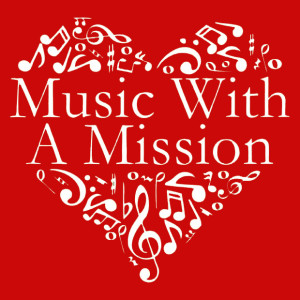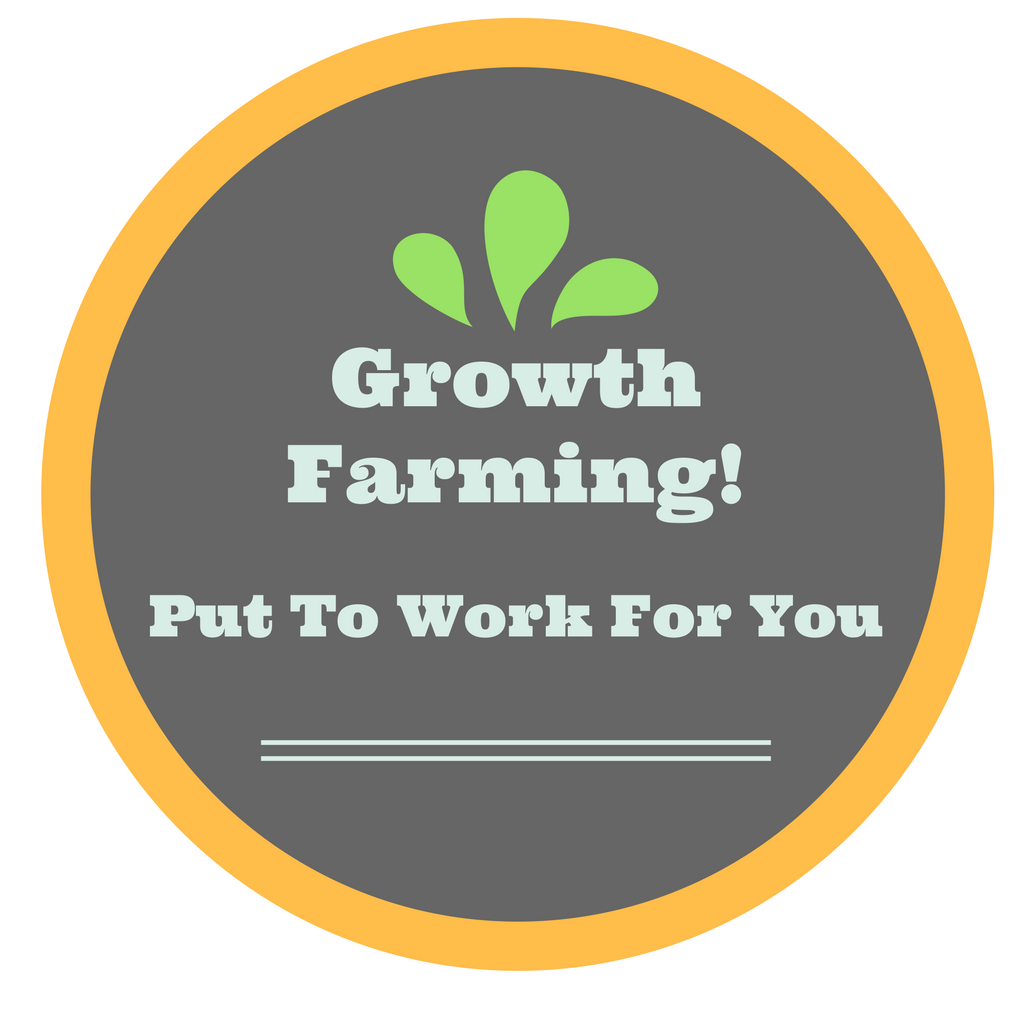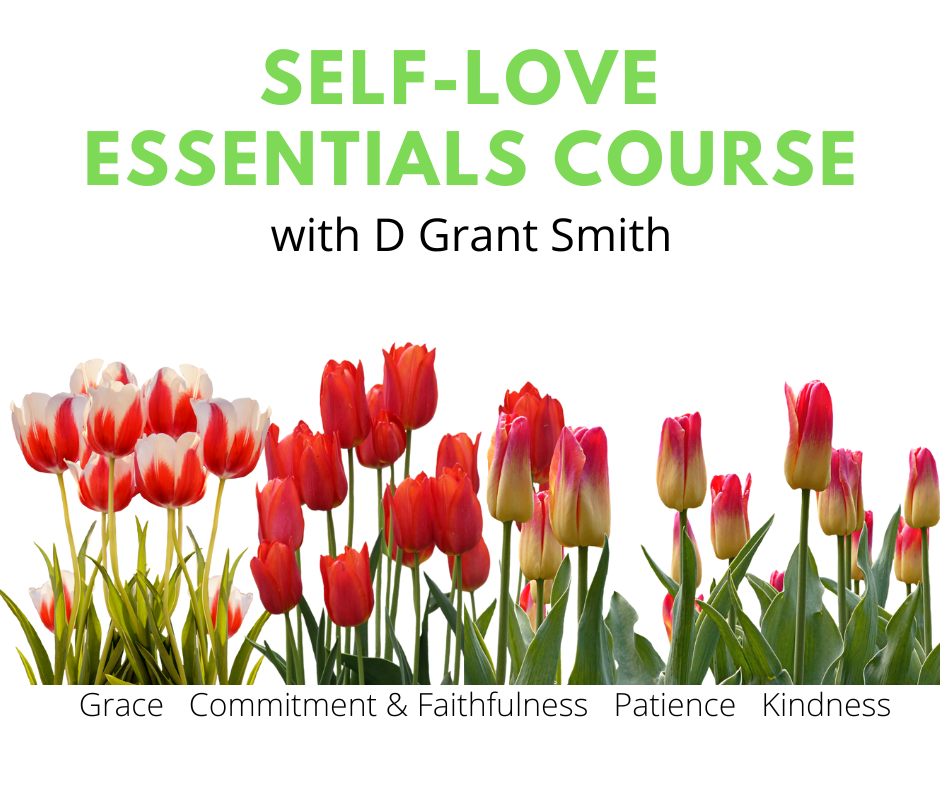 You’re a musician or entrepreneur who has taken the uncommon path forward and are working to build a community with your offering. Outstanding! It’s good to have you on this journey.
You’re a musician or entrepreneur who has taken the uncommon path forward and are working to build a community with your offering. Outstanding! It’s good to have you on this journey.
One of the best musicians in the field of not only incredible artistry and songwriting, but who has a specific mission to his work is William Fitzsimmons. William is a trained and professional psychiatrist who has adopted musical therapy as his mission for why he does what he does. That factor alone is what he attributes to his incredible audience growth over the past several years.
Your mission combined with community building
Do you know what the mission of your community is? To thrive and prosper is one mission (framed in a variety of ways). The mission can’t be about you or what you’re building. That’s not how community building works.
It’s a difficult thing for some creative people (myself included) to realize when it comes to bringing people together around an artistic or entrepreneurial platform. The reason, we tell ourselves, that we need this community is so that people will partake in what we’re doing and we’ll be successful. However, success within community is something that everyone experiences, not just one person.
This is the heart of crowdfunding at its core. The mission of a crowdfunding campaign might seem to be gaining financial support for that will allow you to record a new album (if you’re a musician) or to develop a new piece of technology that will become for your product line. But funding alone isn’t all that crowdfunding is about.
The end results of the community coming together and the results of the community supporting your project is the real key. The mission is to bring a group of people together and create WITH opportunities. It’s a Me to We dynamic.
Great music is the result of artists doing their best work and showcasing it to the world. However, great music alone doesn’t get heard by the people who are wanting it the most without the community dynamic in place. Bring people together with a mission that can include what it is that you do well and growth opportunities happen.
What this means is that you (as a community builder) have a very powerful role in the leading of your community. Often that means giving back to the people who are building with you. If you see a need in your area that isn’t being met, bring a community of people together to meet that need. In the process you’ll gain a new set of associates, friends, and fans who will support what you do because you showed interest in someone else and helped make things better for other people. One of the best examples of real people doing this is Bird Thomas, who shares her insights into the How To here.
Community leadership requires a mindset that gives first instead of just wanting to receive. Receiving alone won’t happen instantly, even if you get the right people around you. We’re all wanting to grow our work and offering, and we all are susceptible to falling into the mindset of getting before we give. It’s one reason why so many people try to shortcut the process of growth by trying to get the end result instantly without taking the necessary steps to make growth work.
How to know if your community has a central purpose
Your central purpose is the same thing as your mission. What may seem like support for your individual work is probably bigger than that. What do you represent, what values are you communicating to people, and why are you the artist that draws people in? There are probably things you are very passionate about, people you are fighting for in your work that communicate to others that you are worthy of supporting.
For a long time I believed that the community we were building with The Appetizer Radio Show was a group of people who wanted to hear indie music and were sick of what was on the mainstream radio stations. That was only partially correct. It had little to do with my music selection, and a whole lot more to do with showcasing undiscovered artists who deserved a chance to be heard. We were telling the underdog story with the radio show, and plugging people into the stories of musical underdogs from all over the place. When we realized that people were supporting and promoting what we are doing and that it wasn’t not about just the music, the way we reach out to our community changed. We have grown stronger as a community because of that realization.
Putting mission to work for your audience growth
What are you championing with your work? Whether your work is music or business or entrepreneurial endeavor, do you know your mission? Think outside the box of what it is that you do and think about who benefits from it. That determines a lot about the WHO you are trying to reach.
Musicians can have a difficult time putting the mission side of things together because on the surface it might seem like it’s all about the music. What is the music’s mission? Do you want to help people who are struggling through difficulty? Do you want to provide the mood music for people to party and have fun? Do you want to provide a conduit for people to rock out and forget their problems? All of these are potential mission opportunities for your music.




You must be logged in to post a comment.